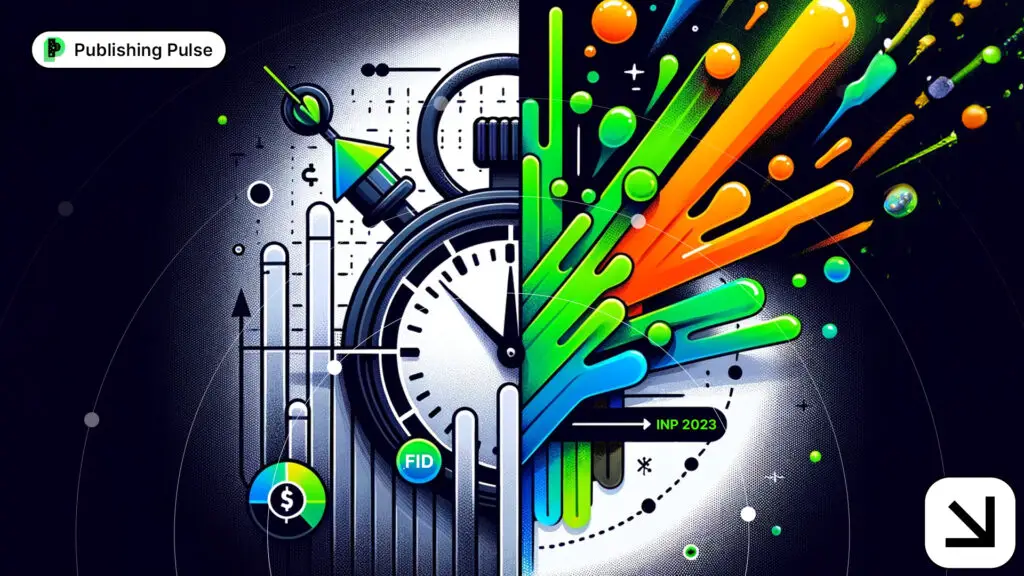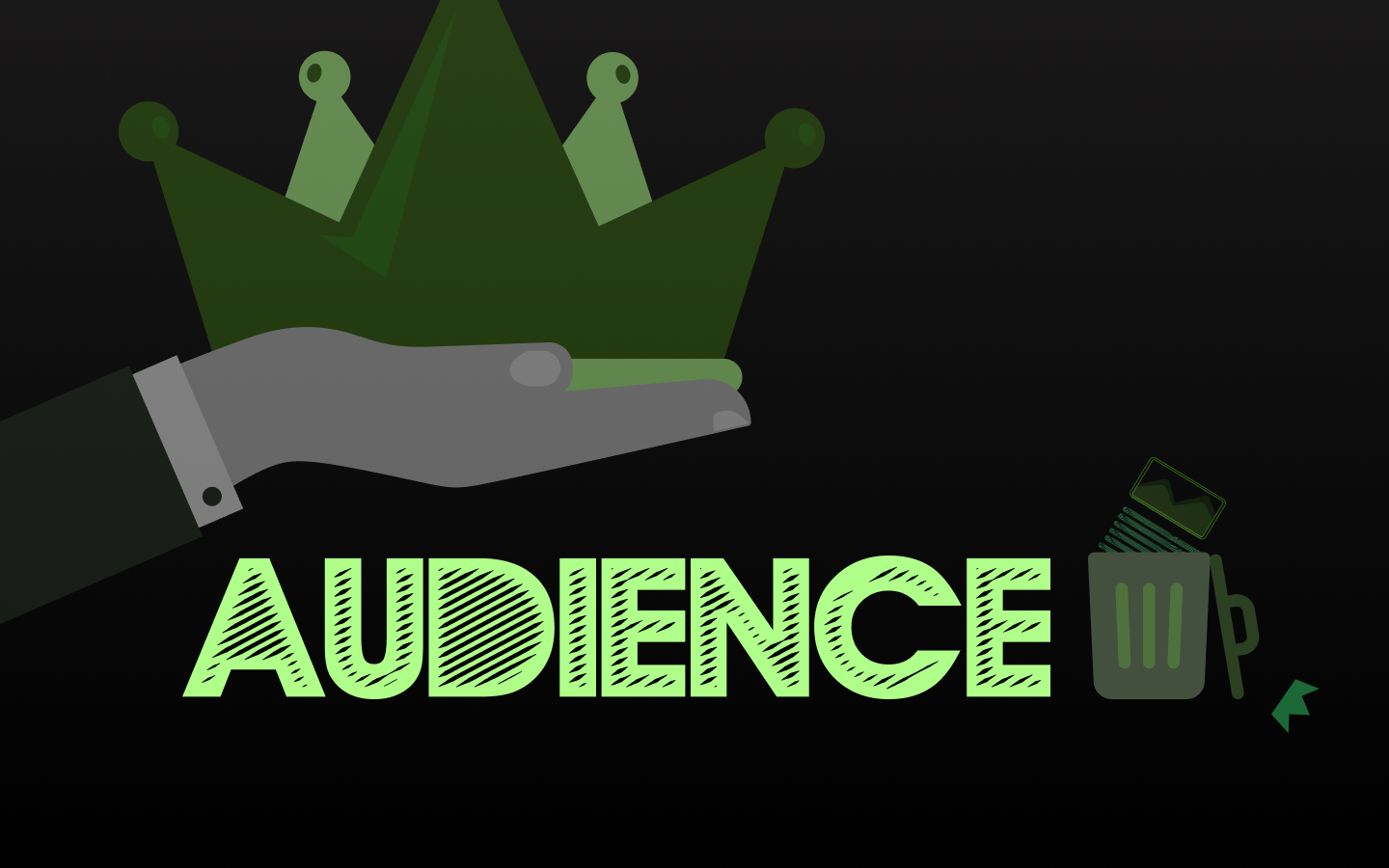
Welcome to Publishing Pulse, your weekly source for industry updates in online publishing. Stay informed about the latest trends and breakthroughs in the ad ecosystem, content creation, SEO, AI technology, and monetization.
If you prefer to listen to industry news, you can tune in to The Publisher Lab podcast. New episodes are released weekly on Thursday.
According to Insider Intelligence, global advertising spending is on the verge of a significant upswing, projected to surge by nearly 10% in 2024. This growth spans digital, traditional, and total media ad expenditures, buoyed by a robust rebound of 21.8% in total media ad spending in 2021 following the pandemic-induced slump the previous year.
The digital advertising sector, in particular, is poised to continue its dominant trajectory, forecasted to constitute almost 70% of the global ad spend in 2024 and further expand to nearly 75% by 2027. This upward trend underscores the shifting dynamics within the advertising landscape, emphasizing the increasing reliance on digital platforms for marketing efforts worldwide.
The anticipated growth in traditional ad spending in 2024 also reflects a positive shift, driven by an improving macroeconomic climate, the allure of major international events such as the Summer Olympics and UEFA Euro 2024, and a spike in political advertising spending, particularly in the United States. These factors collectively signal a year of substantial opportunities for advertisers across the board. Moreover, the optimistic forecast extends across all global regions, with expectations of increased ad spending in 2024, albeit with some areas like Southeast Asia experiencing a slight deceleration. This global outlook suggests a dynamic period ahead for the advertising industry, highlighting both the resilience and adaptability of traditional and digital advertising realms in the face of changing consumer behaviors and economic conditions.
“Seeing that digital ad spend is supposed to be outpacing what it was doing last year is a really good sign, especially for publishers.” says co-host Manny Ramos on this week’s episode of The Publisher Lab podcast.

Listen to the full episode of The Publisher Lab podcast
Google is advancing into the “Gemini era,” as reported by Search Engine Land, by integrating generative AI deeply into its search services, marking a transformative phase for Google Search with the Search Generative Experience (SGE).
The company’s CEO, Sundar Pichai, highlighted the ongoing enhancements and positive reception of SGE, although its establishment as the default search experience remains uncertain. Gemini, a new series of AI models including the soon-to-launch Gemini Ultra for complex tasks, signifies Google’s leap towards making Search act more as an “agent” for users, enhancing interactivity and utility beyond traditional search queries.
<blockquote class="twitter-tweet"><p lang="en" dir="ltr">Google’s Gemini Ultra was just confirmed for release on Wednesday. <br><br>Ultra beats GPT-4 in 7 out of 8 benchmark tests, and is the first model to outperform human experts on MMLU (massive multitask language understanding) <a href="https://t.co/nmFyq3N76m">pic.twitter.com/nmFyq3N76m</a></p>— AI Breakfast (@AiBreakfast) <a href="https://twitter.com/AiBreakfast/status/1754008072828158416?ref_src=twsrc%5Etfw">February 4, 2024</a></blockquote> <script async src="https://platform.twitter.com/widgets.js" charset="utf-8"></script>
Experimentation with native ads in SGE and the integration of generative AI into Assistant, Bard, and other tools like Circle to Search and Lens, underscores Google’s ambition to revolutionize how users interact with digital information, making AI an integral part of delivering personalized, conversational assistance across over 40 languages worldwide.
OpenAI has rolled out a new feature within GPT-4 that allows users to directly mention custom GPTs in their queries, streamlining the process of interacting with these tailored AI models. This enhancement, designed to improve user engagement with existing custom GPTs rather than attract new users, presents a unique opportunity for publishers to integrate into the GPT ecosystem, potentially increasing their visibility.
Although the @ mention capability is presently limited to certain users and it’s still uncertain how these custom GPTs will be listed or highlighted, the initiative sparks interest among publishers. They are considering leveraging chatbot-driven channels to boost discoverability and drive referral traffic amidst declining search and social media traffic. However, the prospect of chatbots substituting direct website visits and unclear monetization strategies is making publishers wary of heavily investing in custom GPTs.
Despite these reservations, some see value in exploring the GPT Store, launched by OpenAI in January for a $20 monthly fee, for applications such as AI-enhanced SEO tools. As the platform evolves, publishers are hopeful for more clarifications and features from OpenAI that could enhance their ability to build audiences and navigate the emerging landscape of AI-driven content distribution.
Publishers express significant concerns over Google’s Privacy Sandbox, particularly criticizing the Protected Audiences API’s opacity and insufficient reporting capabilities, essential for retargeting in a post-third-party cookie world. The initiative’s aim to safeguard privacy by prohibiting the sharing of audience data complicates publishers’ ability to track the performance of interest groups on their platforms.
This has led to a call for enhanced sell-side reporting to verify revenue generation, amid technical and structural challenges that hinder comprehensive data sharing between demand-side platforms (DSPs) and supply-side platforms (SSPs). The dissatisfaction is further fueled by publishers feeling excluded from the Privacy Sandbox’s development process, urging for future modifications that might better accommodate their needs for transparency and control.
While ad tech executives recommend collaboration with sell-side partners to improve reporting within the constraints of the Protected Audiences API, there remains uncertainty about the efficacy of interest groups and the equitable distribution of benefits across the advertising ecosystem.
Starting March 12, 2024, Google is set to revamp its Core Web Vitals metrics by replacing First Input Delay (FID) with Interaction to Next Paint (INP), which aims to better assess webpage responsiveness through the Event Timing API, focusing on minimizing unresponsive interactions. This shift underscores the importance of optimizing for INP to enhance user experience, marking the end of FID as a Core Web Vital metric. Google Search Console will update its Core Web Vitals report to reflect INP later in the year, advising SEOs and webmasters to adapt their strategies accordingly. Despite this change, it’s crucial to remember that optimizing a site’s page experience requires a comprehensive approach beyond just focusing on Core Web Vitals, with INP scores serving as a key indicator for potential site improvements.
Learn more about how to prepare for INP here.

Written By: Sarah Clow
Sarah is an experienced publishing industry leader responsible for organizing independent, publisher-only events; including some of the largest ever held at Google. Sarah is Ezoic's Director of Marketing.
Checkout this popular and trending content

Using Analytics To Make More Money
A revenue report can offer little to no value without truly understanding what it’s showing. See how audience behavior, UX metrics, and more is invaluable in context of revenue.
Announcement

See why content is no longer king and why your audience has taken its place. Discover why 2025 will be defined by this dramatic change.
Launch

Ezoic Unveils New Enterprise Program: Empowering Creators to Scale and Succeed
Ezoic recently announced a higher level designed for publishers that have reached that ultimate stage of growth. See what it means for Ezoic users.
Announcement